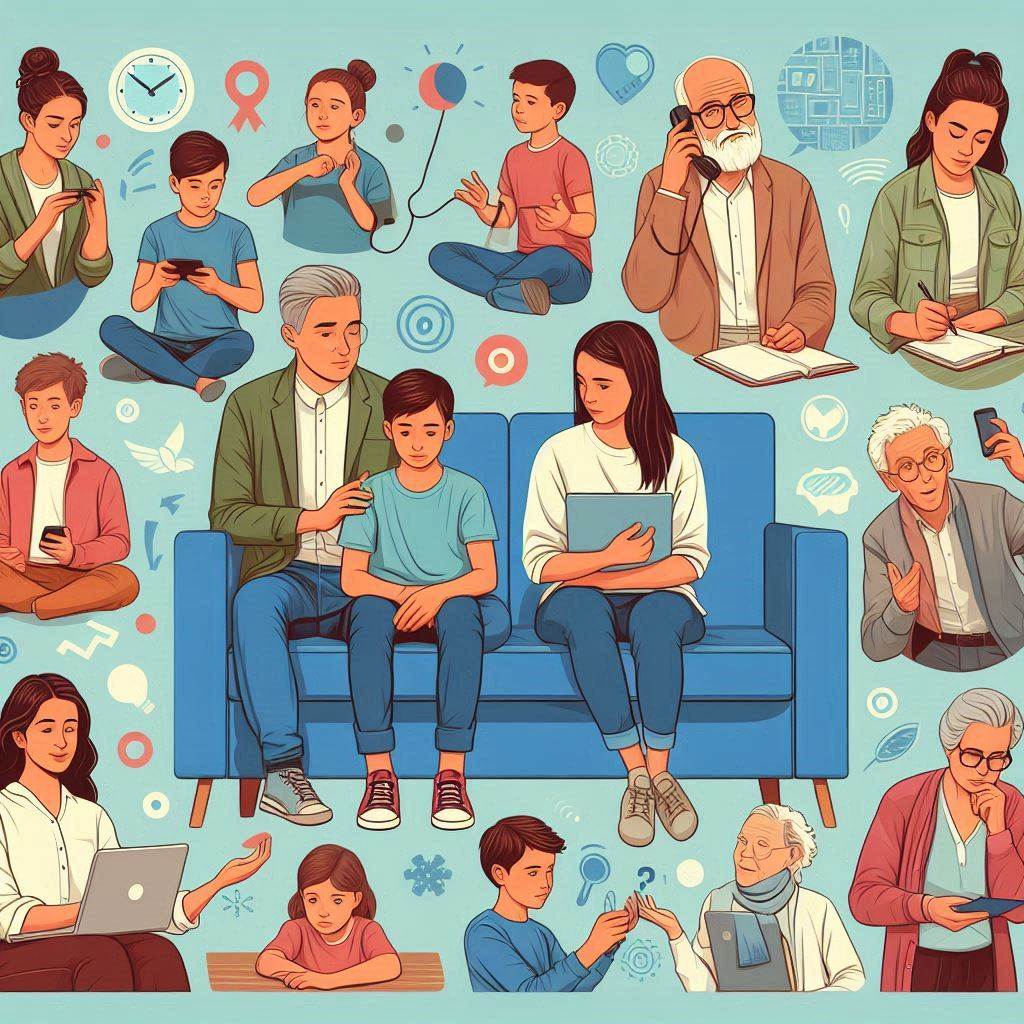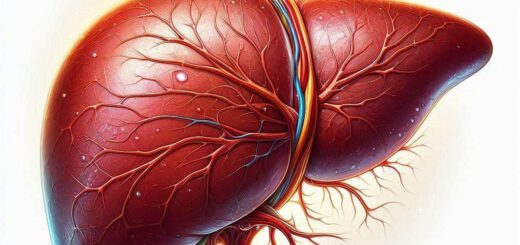Attention Deficit Disorder: Symptoms, Causes, Treatments
What is Attention Deficit Disorder (ADD)?
Attention Deficit Disorder, commonly referred to as ADD, is a neurodevelopmental disorder that affects both children and adults. It is characterized by persistent patterns of inattention, hyperactivity, and impulsivity. Although ADD is often used interchangeably with ADHD (Attention Deficit Hyperactivity Disorder), ADD specifically refers to the inattentive subtype of ADHD.

Symptoms of ADD
The symptoms of ADD can vary widely but typically include:
- Inattention: Difficulty sustaining attention, making careless mistakes, and not listening when spoken to directly.
- Disorganization: Poor time management, losing items necessary for tasks, and avoiding tasks that require sustained mental effort.
- Forgetfulness: Frequently forgetting daily activities, such as chores or appointments.
- Distractibility: Easily distracted by extraneous stimuli.
Causes of ADD
The exact cause of ADD is not fully understood, but several factors are believed to contribute to its development:
- Genetics: ADD tends to run in families, suggesting a hereditary component.
- Brain Structure and Function: Differences in brain structure and neurotransmitter function are often observed in individuals with ADD.
- Environmental Factors: Exposure to environmental toxins, prenatal substance exposure, and low birth weight have been linked to an increased risk of ADD.
Diagnosing ADD
Diagnosing ADD involves a comprehensive evaluation by a healthcare professional. This evaluation typically includes:
- Clinical Interviews: Detailed interviews with the patient and family members to understand behavioral patterns and history.
- Behavioral Assessments: Standardized questionnaires and rating scales to assess the severity of symptoms.
- Medical Exams: Physical exams to rule out other medical conditions that may mimic ADD symptoms.
Managing and Treating ADD
Effective management of ADD often requires a combination of approaches tailored to the individual’s needs.
Behavioral Therapy
Behavioral therapy is a cornerstone in the treatment of ADD. It includes:
- Cognitive Behavioral Therapy (CBT): Helps individuals develop strategies to manage inattentive and impulsive behaviors.
- Parent Training: Equips parents with skills to support their children’s behavior and academic performance.
- Educational Interventions: Individualized Education Programs (IEPs) and 504 plans to accommodate the learning needs of students with ADD.
Medications
Medications can be highly effective in managing ADD symptoms. The most commonly prescribed medications include:
- Stimulants: Such as methylphenidate and amphetamines, which increase levels of certain neurotransmitters in the brain.
- Non-Stimulants: Such as atomoxetine and guanfacine, which are used when stimulants are not effective or cause undesirable side effects.
Lifestyle and Home Remedies
In addition to therapy and medications, lifestyle changes can significantly improve ADD symptoms:
- Healthy Diet: A balanced diet rich in whole grains, fruits, vegetables, and lean proteins can support overall brain health.
- Regular Exercise: Physical activity helps reduce symptoms of inattention and hyperactivity.
- Sleep Hygiene: Ensuring adequate and quality sleep is crucial for managing ADD symptoms.
Coping Strategies for Adults with ADD
Adults with ADD can benefit from various coping strategies to manage their daily lives more effectively:
- Time Management Tools: Using planners, calendars, and apps to keep track of tasks and appointments.
- Breaking Tasks into Smaller Steps: Tackling large projects by breaking them down into more manageable parts.
- Minimizing Distractions: Creating a clutter-free work environment and using noise-canceling headphones to enhance focus.
Living with ADD
Living with ADD can be challenging, but with the right support and strategies, individuals can lead successful and fulfilling lives. It’s important to recognize and build on strengths, seek support from family and friends, and stay informed about the latest treatments and strategies.
Support Networks and Resources
Finding a support network is essential for individuals with ADD and their families. Resources may include:
- Support Groups: Both online and in-person groups where individuals can share experiences and strategies.
- Educational Workshops: Programs designed to educate individuals and families about ADD.
- Professional Counseling: Ongoing therapy with a mental health professional specializing in ADD.
The Importance of Early Intervention
Early diagnosis and intervention can make a significant difference in the lives of individuals with ADD. By addressing symptoms early, it is possible to develop effective coping strategies and improve outcomes in both academic and social settings.
Attention Deficit Disorder is a complex and often misunderstood condition that requires a comprehensive approach to diagnosis and treatment. By combining behavioral therapy, medication, lifestyle changes, and supportive resources, individuals with ADD can manage their symptoms and lead productive lives. Staying informed and proactive about the latest treatments and strategies is key to successfully navigating the challenges of ADD.









